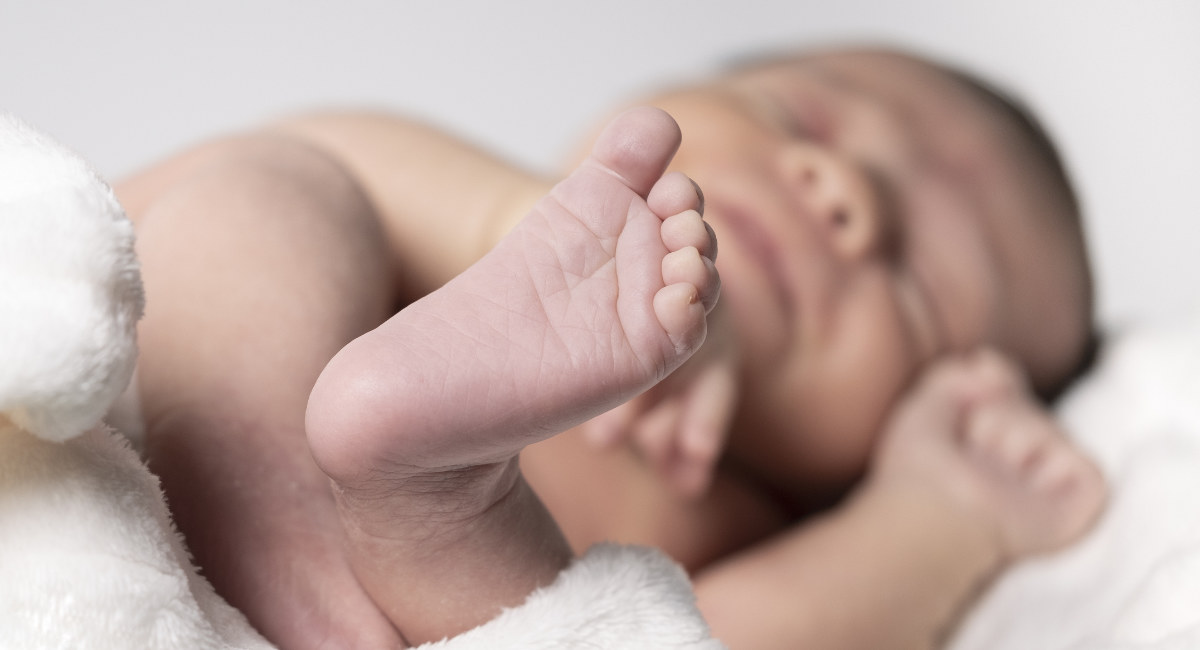This week, the Washington Post published an article entitled, “Women denied abortion rarely choose adoption. That’s unlikely to change.” Surprisingly, it gets many things right, but the implications of some of what is stated in the piece are dead wrong.
Though the author, Sydney Trent, admits that the adoption peak in this country was before the Roe decision, Trent is pessimistic about there being a boom in adoptions post-Roe. She cites many reasons for this, some of which are valid. “[P]lacing a child for adoption is an extremely difficult emotional step for most women,” Trent notes. This is unquestioningly true. “Adoption involves loss by definition,” Trent also correctly states.
However, these things have always been true of adoption — even prior to Roe.
Because of these factors, Trent concludes that many more people will choose to parent children they did not intend to have, and that many of these will be children “of poor African American and Latino women… who will be overwhelmed by the cost and stresses of raising more kids.” Trent then suggests that there will consequently be an increase in the number of children in foster care, especially among these demographics.
But poverty is not a key reason why children end up in foster care (which is very different from placing a child for adoption). Neglect, drug use, and abuse are the primary reasons children are removed from the home and placed in foster care. Unless Trent is conflating poverty and/or Black and Latino ethnicity with these other problems, there is no reason to conclude more kids will end up in foster care just because more women in these demographics will be choosing to parent.
READ: A conversation with Mrs. Universe on foster care misconceptions and how pro-lifers can help
But Trent also overlooks the most important thing: these children will be alive, with a chance at life. Even if they face the biggest life challenges, children are not better off dead.
Instead, one crucial part of the solution is something Trent presents as a problem: “Poor women who plan to parent their infants will need much greater access to child care, affordable housing, job training, and other services and necessities to improve their standards of living.”
All of this is absolutely correct — and we should work to meet these needs rather than suggesting death as a “solution.” We should also work to encourage men to stay and support the children they help to create.
In addition, we should work to address the needs of birth mothers who are considering adoption. Trent touches on this, emphasizing the need for grief counseling and the possibilities for ongoing contact offered by open adoption.
“In order to ‘fix’ the issue of increasing the likelihood of adoption decisions we have to change how we serve women who would consider adoption from the top down,” according to Brittany Paladino, a birth mother and the PR Director for Abiding Love Adoptions, an organization that assists birth mothers before, during, and after the adoption process. Paladino emphasized to Live Action News the need for offering comprehensive resources and services to birth mothers from the beginning of the adoption process through the post-placement period.
Only in this way will adoption become a more positive option for birth parents, and truly honor the birth parents who choose it.
Increased support – both for low-income women who choose to parent and for birth parents who choose adoption – is the solution to the so-called “problem” of less accessible abortion.
“Like” Live Action News on Facebook for more pro-life news and commentary!







